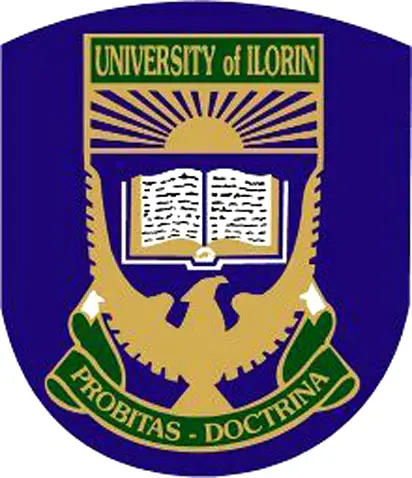Some youths in Kaduna have resorted to hawking water-filtered sand to meet the financial needs of their parents and foot the bills of their education.
The News Agency of Nigeria (NAN) reports that while some of them hawk sand in their wheelbarrows, others package same by the side of culverts or sloppy areas where such fine sand accumulate as a result of running rain water.
One of them, Isaac Khaza, aged 20, said he took to this trade to support his parents by sponsoring the education of his younger brother.
Khaza told NAN that he hoped to save money to return to school to fulfill his dream of becoming a lawyer.
He said he was saving money to sit for the Unified Tertiary Matriculation Examination (UTME) , to enable him secure admission to a university.
“I completed my secondary school education three years ago, but had only two credits in both Government and Religious Studies, but I still want to save money and register for NECO next year.
“For now, I’m helping my parents meet family demands and also sponsor my kid brother, who is still in secondary school,” Khaza said.
He further disclosed that he usually made between N2,000 to N5,000 weekly, depending on volume of sand collected from drains and road sides whenever it rained.
“The amount of sand usually depends on the volume of rainfall, so, the more the rain, the more the sand that accumulate in the gutters and road sides.
“In fact, those who sell sand in dumper vehicles buy from us because to them, it is cost effective, but we are still happy when they buy and even ask for more.
“The price of sand sometimes depends on quantity and bargaining power of the parties involved, but a wheelbarrow filled with sand is sold for N300, and sometimes, I sell at least two to three sand-full of wheelbarrows daily.
“From the money I make, I help augment my younger brother’s school fees, meet personal needs and save part of it ahead of my plans to further my education,” he explained.
Mrs Jemimah Khaza, a trader and mother of Isaac , described her son as strong and determined person, with great aspirations.
She admitted that her son supported the family, saying he would always call to give money needed for one item or the other in the house, besides supporting his younger brother, who is in JSS 1.
“We pray for them always and also admonish them to avoid any form of unwholesome activity,” she said.
She advised other youths staying idle without engaging in any venture, to take a cue by engaging in meaningful activities capable of changing their lives for better .
Another Sand vendor, Francis David, said the business was fulfilling as people were often busy renovating or constructing houses during the rainy season.
“In Narayi for instance, we sell a wheel barrow filled with sand for between N250 to N300, as such, one makes good turnover if lucky enough to collect a reasonable quantity of sand,” he said.
Another youth, Usman Babale, narrated same experience, saying that it was better getting involved in menial jobs, instead of sitting idle and relying on friend and well-wishers.
However, all those engaged in the trade lamented that some road users and pedestrians were never considerate as they (motorists and pedestrians) often drove their vehicles or walk over heap of sand kept for sale, thereby scattering same.
Mr Sa’idu Anga, a builder, said he patronised the youth because of their passion for the menial job.
“It is usually difficult for petty sand vendors to meet the demand of any builder undertaking a construction.
“But sometimes, depending on the project, whether it is a new or renovation work, we still patronise petty sand vendors because they always come handy and save us from incurring high cost,” he explained.
Samaila Dogo, a contractor noted that quality of sand collected by petty vendors was sometimes better than those sold in larger quantity.
“The boys take their time to filter the sharp sand from unwanted material, which is not always the case when you buy in large quantity.
“Another advantage with the vendors is that one can easily buy sand in small quantity, in the event of carrying out minor renovation or construction work,” Dogo added.
NAN



























